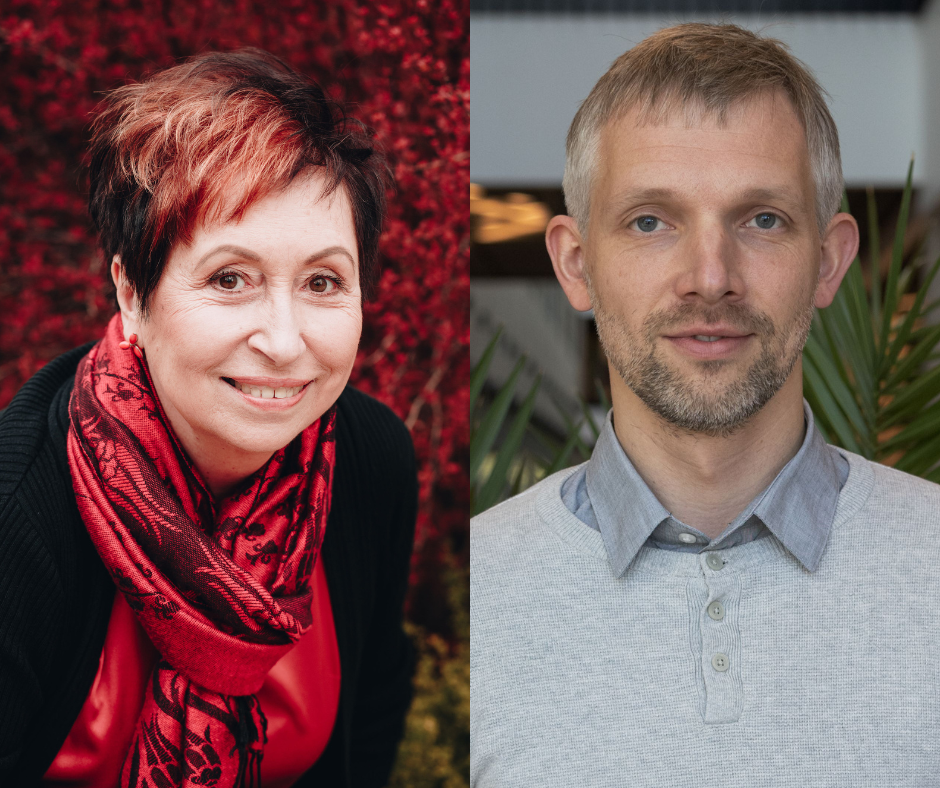The Board of the Estonian Academy of Sciences elected Birute Klaas-Lang as Researcher-Professor of Estonian Language and its Teaching, and Meelis Kull as the Head of the Researcher-Professorship in Artificial Intelligence
Birute Klaas-Lang, Professor of Estonian as a Foreign Language at the University of Tartu, was first elected Research Professor at the Academy last year. She embarked on a study investigating the language attitudes of Russian-dominant parents during the transition to Estonian language learning and intends to persist with this research focus.
Previous studies on the attitudes of Russian-speaking parents indicate that while proficiency in Estonian is considered important, a large number of parents are skeptical about the transition to Estonian-language education. The first stage of the study focused on the language attitudes of Russian-dominant parents of educational institutions transitioning to Estonian-language education in Ida-Virumaa and compared them with similar institutions in Tartu.
In the follow-up project, Birute Klaas-Lang plans to investigate the language attitudes of Russian-speaking parents of educational institutions transitioning to Estonian-language education also in Tallinn. This approach would encompass three different language environments in the comprehensive study: Tartu, where Estonian prevails; Narva, predominantly Russian-speaking; and Tallinn, which is multilingual. In addition to examining parental language attitudes, the project will also test the possibilities of inclusive language policies and ensure a supportive background for the transition process among Russian-dominant parents.
The goal of the research group, led by Meelis Kull, Associate Professor of Machine Learning at the University of Tartu, is to develop a formal framework that facilitates a more systematic approach to assessing uncertainty in artificial intelligence and leads to the discovery of more suitable methods for this purpose. The capability of artificial intelligence systems is rapidly expanding, and new applications are emerging continuously. However, the inadequate reliability of these systems limits the number of successful applications. Part of this lack of trust is associated with the inability of humans to scrutinize the reasoning process. What's more crucial is that these systems do not provide sufficient information about which parts of their output should be confidently trusted as correct and which parts are uncertain.
Assessing uncertainties is critical for ensuring the effectiveness, safety, and reliability of artificial intelligence. Thanks to the systematic approach developed by Meelis Kull's research group, the shortcomings of current methods should become clearer, and new research directions should emerge. This research provides valuable insights for Estonia's leading artificial intelligence center, other applied sciences, the development of national services incorporating artificial intelligence, as well as for companies making decisions based on time-series predictions.
The researcher-professor in Estonian language and its teaching was selected for a two-year term (2024–2026), whereas the head of the researcher-professorship in artificial intelligence was chosen for a one-year term (2024–2025). Both positions are allocated an annual funding of 70,000 euros. Tripartite agreements will be signed among the selected researcher-professors, the University of Tartu, and the Estonian Academy of Sciences.
In the field of Estonian language and its teaching, four researchers applied, while in the field of artificial intelligence, five researchers applied.
Additional information about the researcher-professorships.
